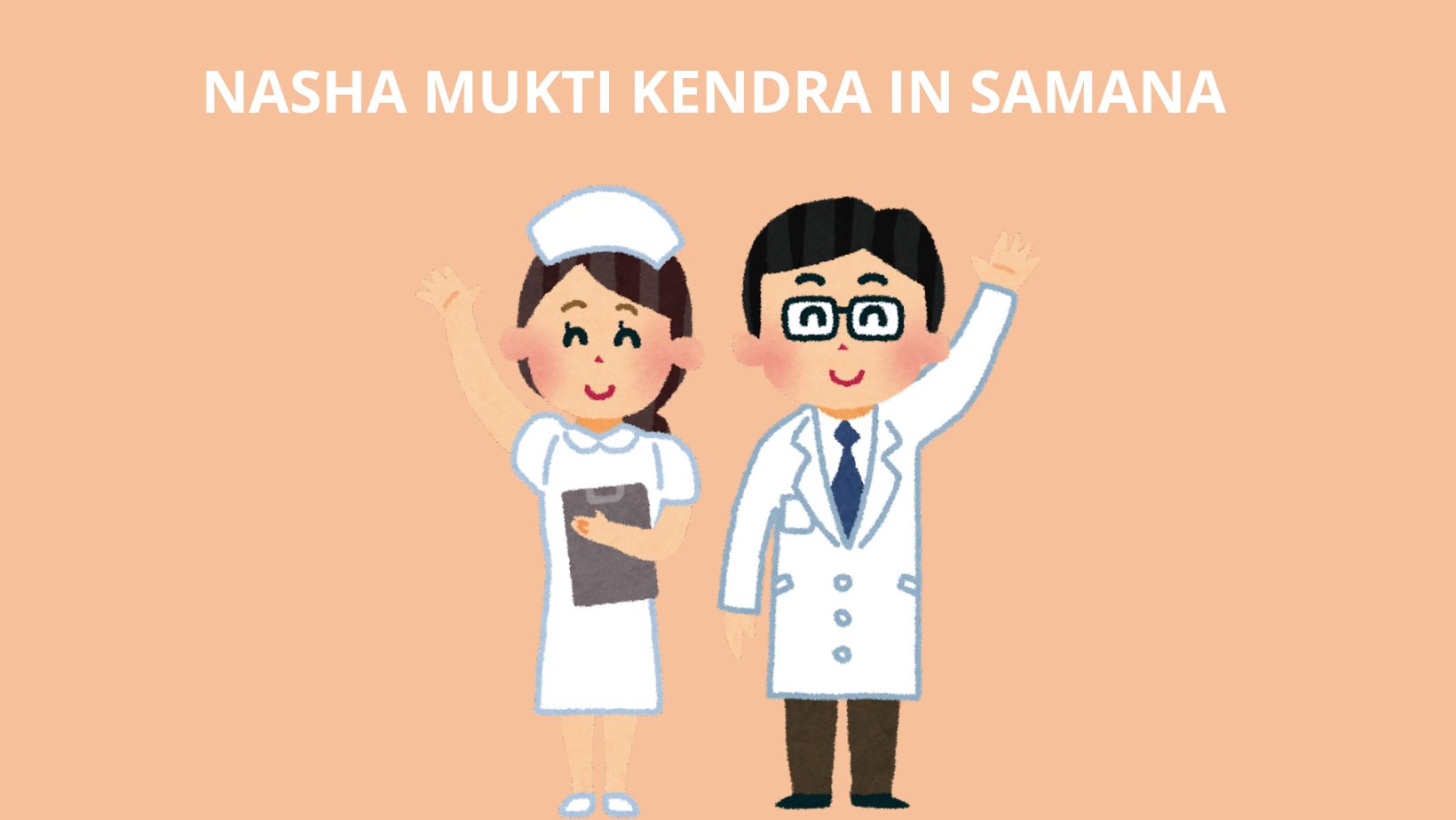Alcohol addiction is a serious problem that affects millions of people around the world. If you’re struggling with alcoholism or have a loved one who is, knowing where to go for alcohol addiction treatment is the first step toward a healthier life. Fortunately, a wide range of resources are available to help those suffering from alcohol use disorder (AUD) on the road to recovery.
Understanding Alcohol Addiction
Before diving into the options for treatment, it’s important to understand what alcohol addiction is. Alcohol addiction, or alcohol use disorder, is characterized by an inability to control drinking due to both a physical and emotional dependence on alcohol. It can lead to numerous physical, psychological, and social consequences, including health issues, broken relationships, and financial difficulties.
The National Institute on Alcohol Abuse and Alcoholism (NIAAA) defines alcohol use disorder as a chronic relapsing brain disease marked by compulsive alcohol use, loss of control over alcohol intake, and a negative emotional state when not using. Recognizing the signs of alcohol addiction early can help in seeking the right kind of treatment.
Rehabilitation Centers: Professional Treatment for Alcohol Addiction
One of the most common and effective options for alcohol addiction recovery is a rehabilitation center. Rehab facilities provide structured treatment programs designed to address the physical and psychological aspects of addiction. These centers offer both inpatient and outpatient services, depending on the severity of the addiction and the individual’s personal circumstances.
Inpatient Rehab Centers
Inpatient rehabilitation centers are a good option for those with severe alcohol addiction who need constant care and supervision. Patients live in the facility for a specified period, typically ranging from 30 to 90 days, during which they receive 24/7 support. The benefits of inpatient treatment include:
- Detoxification Services: Inpatient centers offer medical detox programs to help patients safely manage withdrawal symptoms.
- Therapeutic Support: Patients participate in individual and group therapy sessions to address the root causes of their addiction.
- Holistic Care: Some inpatient rehabs offer additional services like yoga, meditation, and nutritional support to promote overall well-being.
Outpatient Rehab Centers
Outpatient rehab is a more flexible option, allowing individuals to attend treatment sessions while still living at home and maintaining daily responsibilities. This option is suitable for people with mild to moderate alcohol addiction. Outpatient services include:
- Counseling Sessions: Patients receive regular counseling to develop coping strategies and life skills for maintaining sobriety.
- Group Therapy: Group therapy provides peer support and helps individuals learn from others’ experiences.
- Access to Support Networks: Outpatient programs often connect patients with local support groups and community resources.
Finding the Right Rehab Center
When choosing a rehabilitation center, several factors should be considered, such as location, cost, treatment philosophy, and the types of services provided. Many centers specialize in treating co-occurring mental health disorders, which is crucial for individuals who struggle with both alcoholism and conditions like depression or anxiety.
Support Groups: Connecting with Others for Long-Term Sobriety
Support groups play a crucial role in maintaining long-term sobriety. These groups provide a sense of community, accountability, and encouragement from others who have faced similar struggles. Here are a few of the most well-known support groups for alcohol addiction recovery:
Alcoholics Anonymous (AA)
Alcoholics Anonymous is one of the most widely recognized support groups for those recovering from alcohol addiction. Founded in 1935, AA uses a 12-step program to help members achieve and maintain sobriety. The 12-step model emphasizes personal responsibility, spiritual growth, and peer support. Meetings are free and held worldwide, both in person and online.
SMART Recovery
SMART Recovery (Self-Management and Recovery Training) is a science-based support group that focuses on self-empowerment and cognitive-behavioral techniques to overcome addiction. Unlike AA, SMART Recovery does not require participants to follow a 12-step program. Instead, it teaches practical skills for managing cravings, coping with stress, and preventing relapse.
Sober Recovery Forums
For those who may not have access to in-person meetings, online support groups like Sober Recovery Forums offer a platform for individuals to connect, share experiences, and provide support to one another. This can be especially helpful for people who live in remote areas or prefer the anonymity of online participation.
Professional Counseling and Therapy for Alcohol Addiction
Therapy and counseling are critical components of alcohol addiction treatment, whether you’re attending a rehab program or seeking help through a private therapist. Different therapeutic approaches can be effective in helping individuals overcome alcohol addiction, including:
Cognitive Behavioral Therapy (CBT)
CBT is one of the most widely used forms of therapy for treating addiction. It helps individuals identify negative thought patterns that contribute to their addictive behaviors and replace them with healthier coping mechanisms. By changing how you think and react to certain situations, you can reduce the likelihood of relapse and maintain sobriety.
Motivational Interviewing (MI)
Motivational interviewing is a technique that helps individuals resolve their ambivalence about quitting alcohol and enhances their motivation to change. Through open-ended questions and reflective listening, therapists guide individuals to explore their reasons for wanting to change and strengthen their commitment to sobriety.
Family Therapy
Alcohol addiction not only affects the individual but also their family members. Family therapy can be an essential part of the recovery process, as it helps repair relationships and build a supportive home environment for the recovering individual.
Holistic Approaches to Alcohol Addiction Treatment
In recent years, holistic therapies have gained popularity in the treatment of alcohol addiction. These approaches focus on healing the whole person—mind, body, and spirit—and can be used alongside traditional treatments to enhance recovery. Some popular holistic therapies include:
- Yoga and Meditation: These practices promote mindfulness, stress reduction, and emotional balance, which can be beneficial for managing cravings and preventing relapse.
- Acupuncture: Acupuncture is believed to help reduce withdrawal symptoms and ease anxiety during the recovery process.
- Nutritional Counseling: Alcohol addiction often leads to poor nutrition, so incorporating dietary guidance can help improve physical health and energy levels during recovery.
When to Seek Immediate Help for Alcohol Addiction
Alcohol addiction can escalate quickly, leading to dangerous health consequences and life-threatening situations. It’s crucial to seek help immediately if you or someone you know is experiencing the following signs:
- Severe Withdrawal Symptoms: Symptoms like seizures, hallucinations, or extreme agitation may indicate a life-threatening condition called delirium tremens (DTs), which requires emergency medical treatment.
- Suicidal Thoughts or Actions: If someone is experiencing thoughts of self-harm or suicide, contact emergency services immediately.
- Overdose or Poisoning: In cases of alcohol overdose, it’s critical to seek medical help right away to prevent fatal consequences.
FAQs About Where to Go for Alcohol Addiction
What is the first step in getting help for alcohol addiction?
The first step is recognizing that you need help. After that, seeking professional guidance from a doctor, therapist, or rehab center can put you on the path to recovery.
How do I know if I need inpatient or outpatient rehab?
If your addiction is severe and you have trouble controlling your alcohol use without constant support, inpatient rehab may be more appropriate. For milder cases or those who cannot commit to living in a facility, outpatient rehab is a good option.
Can alcohol addiction be treated without going to rehab?
While rehab is a highly effective option, some individuals successfully recover through counseling, support groups, and lifestyle changes without attending a rehab center. However, professional guidance is always recommended.
What are the benefits of support groups like Alcoholics Anonymous?
Support groups provide a network of individuals who understand what you’re going through and offer encouragement and accountability. They are often a key part of long-term sobriety.
Is it possible to recover from alcohol addiction without professional help?
Some people can achieve sobriety through self-help methods and lifestyle changes, but professional treatment significantly increases the likelihood of a successful and lasting recovery.
How long does alcohol addiction recovery take?
The timeline for recovery varies from person to person. Some may start feeling better after a few weeks, while others may require months or years of ongoing treatment and support.
Conclusion: Taking the First Step Toward Recovery
Recovering from alcohol addiction is a journey, but the good news is that you’re not alone. Whether you choose a rehab center, join a support group, or seek professional counseling, there are numerous resources available to help you regain control of your life. Don’t hesitate to take the first step toward a healthier, alcohol-free future.
At our Nasha Mukti Kendra in Samana, we are committed to helping individuals break free from the chains of addiction and reclaim their lives. With a compassionate team of experienced professionals, personalized treatment plans, and a supportive environment, we are here to guide you every step of the way toward lasting recovery. Don’t let addiction control your future—reach out to us today for a confidential consultation and begin your journey to a healthier, happier life.












